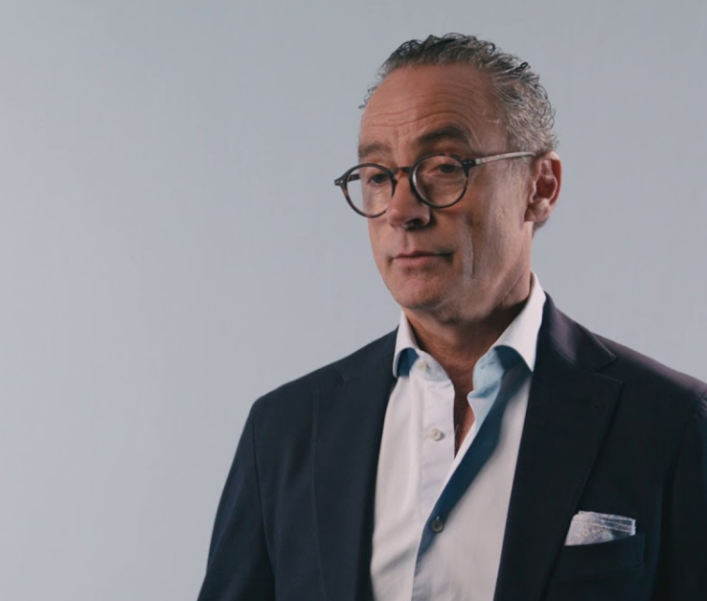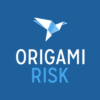What is the most important aspect in the whole procedure of the BELRIM prize?
Carl Leeman: The most important thing, and this is often forgotten, is ensuring we create enough publicity around this award to attract as many candidates as possible. Relatively speaking, that’s where most of the time goes, in writing to and visiting colleges and universities, in the hope that students will submit their work. We must admit that BELRIM today is known mainly in the world of risk managers, insurers, brokers, lawyers, and consultants. So, a promotional tour in schools and universities is necessary. We have certainly had to highlight the attractiveness of the rewards of this prize. The paid trip to the biennial FERMA Forum — this time in Madrid — is not a small reward. It is certainly very useful for training, information, and networking. Also, the winners from each country are brought together during the FERMA Forum.
How many works have you received and what, specifically, does the jury do with them?
Carl Leeman: We selected three works for this edition’s final. In the second phase, each jury member reads the works closest to their own field of expertise.
And how will the winner be determined?
Carl Leeman: The different works are discussed and debated together. This discussion among jury members is crucial for arriving at a more objective assessment, as sometimes you come to a different and better conclusion, compared to each person simply giving their own findings. For this edition, we set up a call with the judges, thoroughly reviewed everything, and then we came to a consensus quite quickly. It must be said that the three diverse works all had added value, with one being a bit more theoretical than the other two.
What is important to you in a paper or thesis?
Carl Leeman: That it addresses a topic about which not too much has been said yet and that it has an original approach. We can always use a fresh perspective within the sector. This avoids any potential professional blindness. From a practical point of view, I find a work useful if you can get something ready to use out of it. Practical and/or original solutions are always very welcome. Unfortunately, for some issues that is not always possible.
Have you also spoken to the candidates?
Carl Leeman: Definitely. There has been an interview with several of the candidates. They first did a short presentation of their work and afterward there was a question time. During this question time, we put some pressure on the candidates and asked them, among other things, how they would transform their proposals into concrete actions and to whom they would present them. The fact that all the judges asked questions was very interesting because everyone has their own approach and sometimes a different professional background.
What convinced you to award Karo Vanparrijs’s paper the BELRIM prize?
Carl Leeman: It wasn’t a simple matter. I found the various ways of calculating those indicative remuneration tables and the attention drawn to the issue interesting. Not everyone is aware of this. Karo clearly knows what she is doing and defended herself well during the interview. As a jury, it’s important to feel that the candidate knows the ins and outs of the subject well and that it’s not an AI-written paper. I am not against a helping hand from AI, and it is good that they can work with it, but the candidate must truly understand the subject they are discussing.
See here the interview with winner Karo Vanparrijs.
As we wrap up, what is your hope for the future of risk management education in academic institutions?
Carl Leeman: For some time now, I have noticed that the aspect of risk management is not adequately addressed at colleges and universities. If risk management is not adequately covered in these institutions, one cannot expect students to elaborate topics around it. Apart from promoting our BELRIM prize, we will still have to encourage all educational institutions to start talking more about (practical) risk management rather than the outdated, theoretical, siloed approach tied to traditional insurance policies. The issues companies are facing these days are way too complex and cannot be solved by just referring to existing insurance policies. Insurance is only one of the many tools available to a risk manager, and students should be made aware of that.







